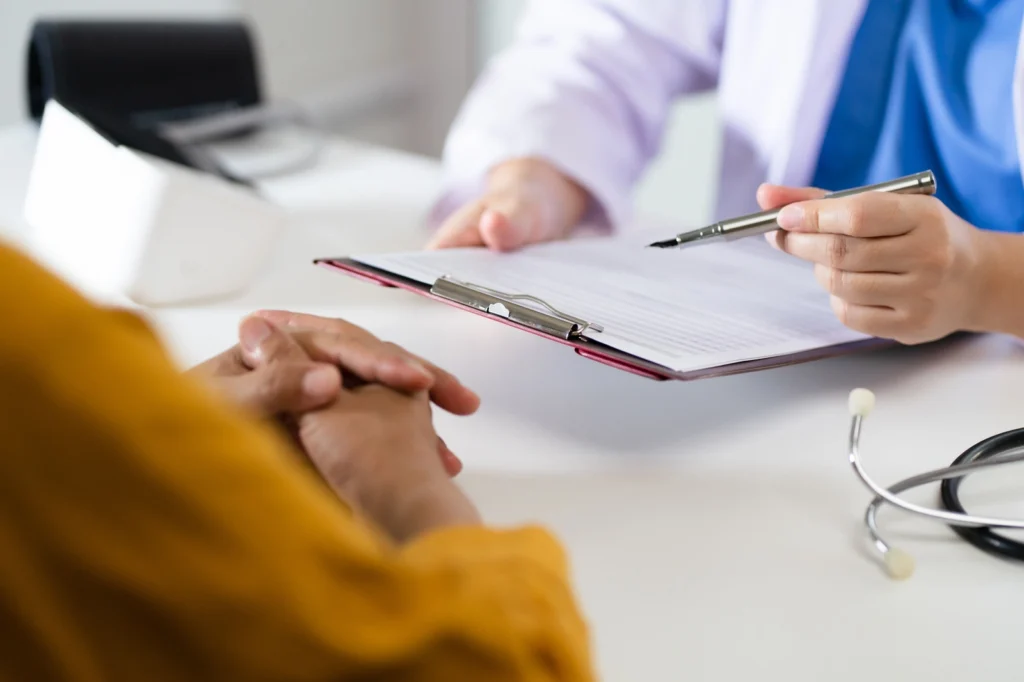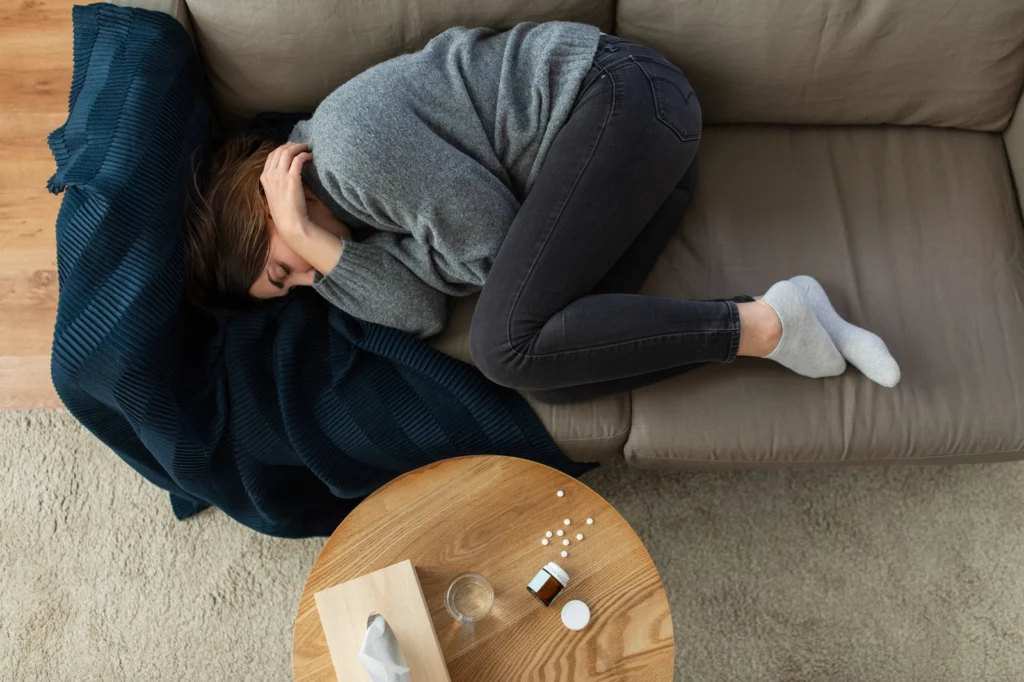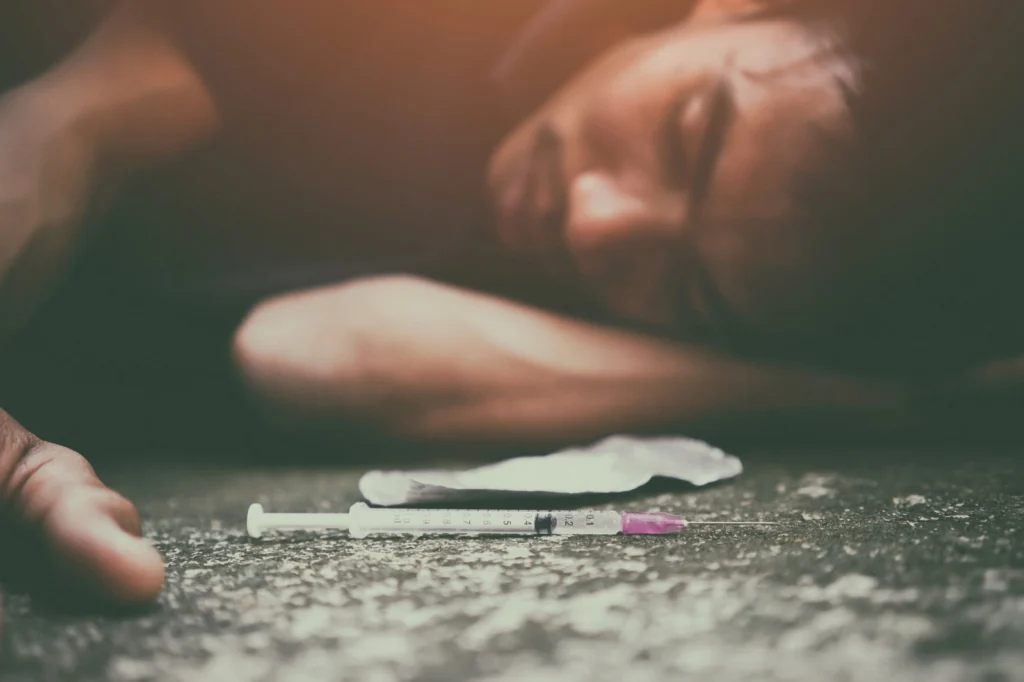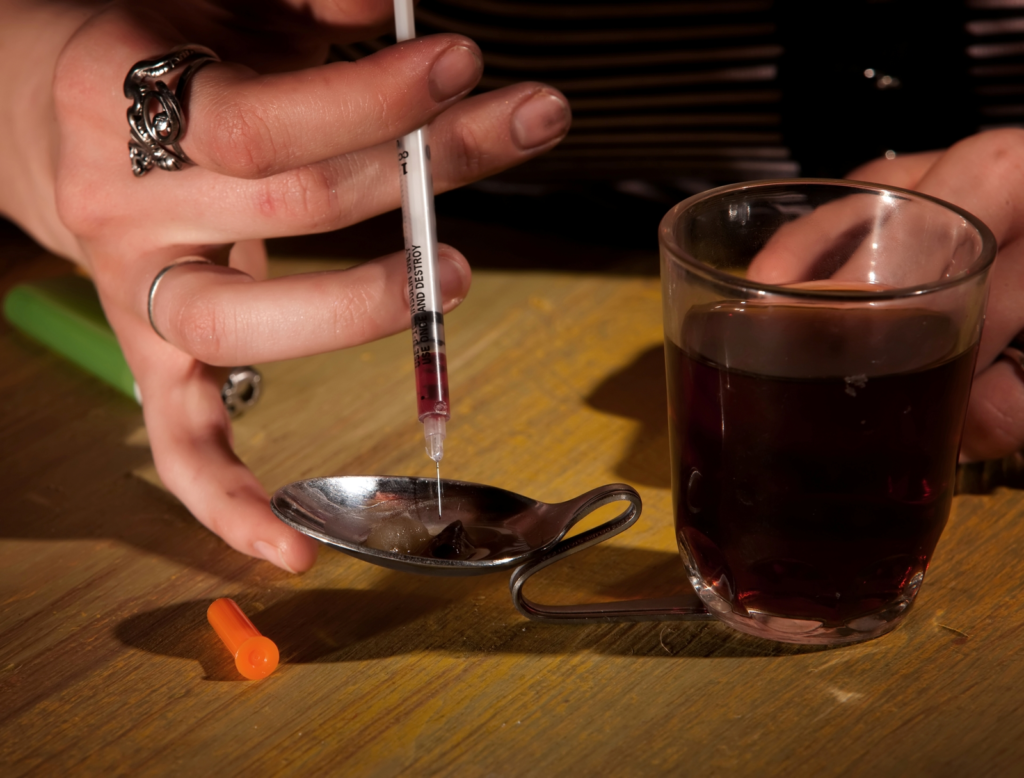Can You Drink on Steroids? Risks and Drug Interactions
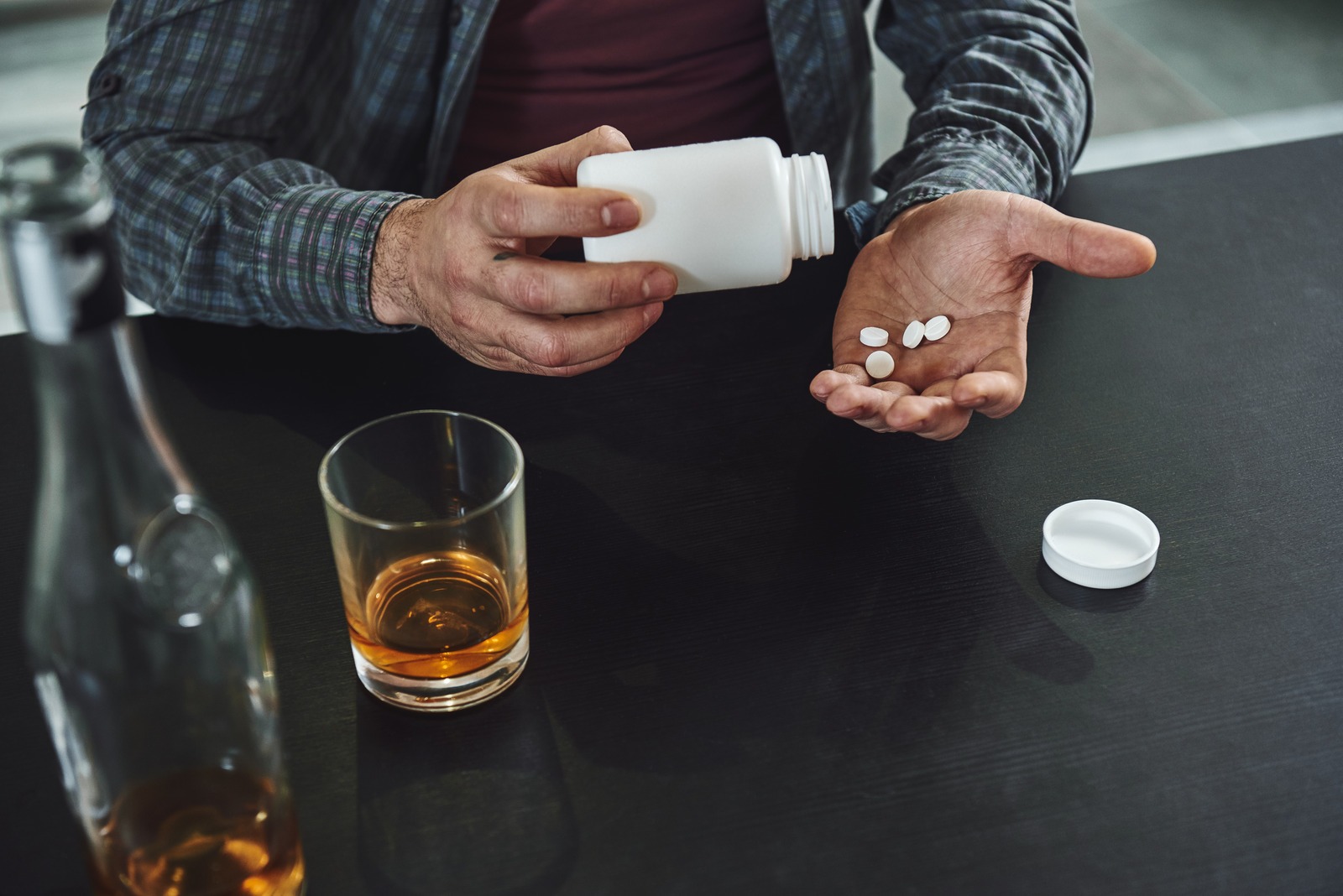
Steroids is a term that describes both corticosteroids like prednisone, an anti-inflammatory prescription drug used to treat different health conditions, and anabolic-androgenic steroids, which may be prescribed to treat hormone conditions or abused as a performance-enhancing drug.
While corticosteroids and anabolic-androgenic steroids can have similar chemical structures, they serve different purposes and are not considered to be in the same drug class. However, neither type of steroid is safe to combine with alcohol, as serious health effects may occur.
Key Points
- Anabolic-androgenic steroids may be prescribed to treat hormonal imbalances or abused to improve athletic performance. Corticosteroids are a type of anti-inflammatory drug used to treat different health conditions.
- Neither anabolic nor corticosteroids should be combined with alcohol because serious health problems may occur, including heart and liver damage.
- It’s possible to become addicted to steroids, alcohol, or both, which requires an addiction treatment program.
What Are Steroids?
The two main types of steroids are corticosteroids and anabolic-androgenic steroids (referred to as “anabolics”). Here are the important differences between them:
Corticosteroids
Corticosteroids, such as prednisone and prednisolone, are lab-made steroids that work like the hormone cortisol. They prevent the immune system from making substances that can cause inflammation.[1] Corticosteroids work in a similar way—slowing or stopping the immune processes that trigger inflammation.
Corticosteroids may treat inflammatory conditions involving swelling and irritation, such as rheumatoid arthritis, chronic obstructive pulmonary disorder (COPD), multiple sclerosis, lupus and other autoimmune disorders, and asthma. They come in many forms and may be prescribed in the short or long term as needed.
Anabolic Steroids
Anabolic steroids are manmade versions of testosterone, a male sex hormone that produces larger muscles.[2] People who have low levels of testosterone may be prescribed steroids, such as people who have cancer, AIDS, or other health conditions. However, many versions of steroids are illegal and misused and abused for performance-enhancing effects, often at extremely high doses.
Corticosteroids vs. Anabolic Steroids
Both corticosteroids and anabolic steroids have similar structures and work by binding to the hormone receptors in the body. The key difference is that anabolic steroids bind to the androgen receptors, whereas corticosteroids bind to the glucocorticoid receptors, leading to different effects in the body.
Testosterone, a natural anabolic steroid, regulates bone density, muscle mass, fat distribution, and libido. Cortisol, a natural corticosteroid, binds to the glucocorticosteroid receptor to activate a metabolic pathway that suppresses inflammation and immune responses. The synthetic versions of these drugs mimic these naturally occurring processes.
Can You Drink On Steroids? Interactions and Risks
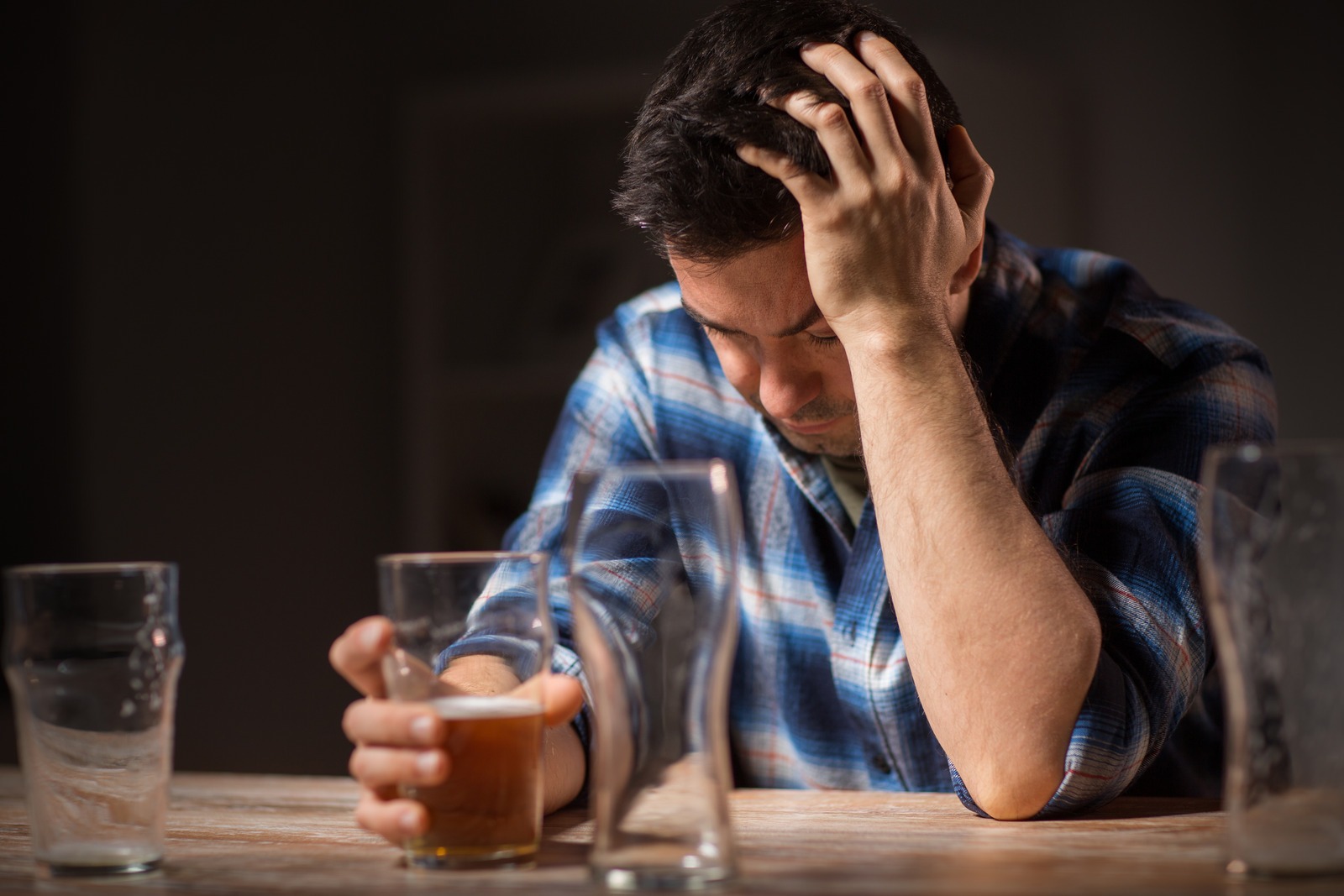
Drinking alcohol is not recommended if you’re taking anabolic steroids or corticosteroids. Alcohol intake increases the risks of side effects, and steroids can alter the brain in such a way that you become more sensitive to alcohol use. You may drink more and more to achieve intoxicating effects, leading to liver damage or other health effects.
Alcohol doesn’t necessarily affect how steroids are absorbed in the body, but it can worsen the condition you’re treating. In the case of anabolic steroid misuse, alcohol is counterproductive and inhibits muscle strength, size, and performance – which is why steroids are abused in the first place.
There are several other risks of drinking alcohol while taking steroids, prescribed or otherwise, including:[3]
- Headache
- Heartburn
- Mood changes
- Stomach irritation
- Gastrointestinal distress
- Weight gain
- Sleep disturbances
- Weakened immune system
- Worsening health conditions
Serious Risks of Alcohol and Steroid Interactions
There are several serious risks with alcohol and steroid interactions, including:
- Stomach bleeding: Even short courses of steroids can irritate the digestive system, particularly corticosteroids. Alcohol consumption can increase the risk of stomach ulcers and bleeding, so combining the two can cause dangerous levels of stomach bleeding.[4]
- Bone fractures: Corticosteroids taken in the long term can reduce bone mineral density, increasing the risk of osteoporosis and fractures.[5] Alcohol use is also associated with osteoporosis, so it’s best to limit bone complications by avoiding alcohol while on steroids.
- Liver damage: Anabolic steroid use is associated with heart, liver, and kidney damage.[6] Alcohol also takes a toll on the liver, so drinking alcohol while abusing anabolic steroids significantly increases the risk of cirrhosis, fatty liver disease, and other liver conditions.
Are Steroids Addictive?
Corticosteroids are generally not believed to be addictive. These drugs relieve inflammation and pain caused by inflammation, but they produce no euphoria or performance-enhancing effects. Corticosteroids can cause dependence with long-term use, however, which is when the body gets used to the presence of a drug. If you stop taking steroids suddenly, you may experience withdrawal symptoms. Corticosteroids may be misused if the dosage also doesn’t relieve the symptoms.
Conversely, anabolic steroids are addictive. They’re categorized as Schedule III substances with moderate to low potential for addiction, but research shows that 32% of individuals who misuse anabolic steroids will become dependent.[7] Many of those individuals may develop an addiction, though the exact number is not well-defined.
Anabolic steroid addiction is different from other substances, however. These drugs aren’t abused or misused to get high but are taken on a strict cycle to improve muscle gains and fat loss. The goal is better athletic appearance and performance, not euphoria.
The signs of steroid abuse and addiction can differ as well:[8]
- Extreme increases in muscle mass
- Depression periods
- Extreme mood swings
- Violent actions
- Irritability
- Acne
- Jealousy
- Paranoia
- Poor coordination
- Memory issues
- Attention problems
In men, anabolic steroid abuse can have physical signs related to secondary sexual characteristics, such as baldness, testicular shrinkage, and breast growth (gynecomastia). The effects are similar but opposite in women, with symptoms like facial hair growth, a deep voice, and irregular periods.
Addressing Addiction to Alcohol or Steroids
If you’ve been prescribed steroids, you shouldn’t drink alcohol while you’re taking the drug. However, if you struggle with alcohol abuse or addiction, stopping alcohol use suddenly can cause intense and possibly life-threatening withdrawal.
The symptoms of alcohol withdrawal can include:[9]
- Anxiety
- Sweating
- Insomnia
- Hand tremors
- Hallucinations
- Nausea and vomiting
- Elevated heart rate
- Seizures
- Delirium tremens
Aside from the risks of alcohol withdrawal, both corticosteroids and anabolic steroids can cause dependence, leading to withdrawal if you quit abruptly. Corticosteroids, while not addictive, should be tapered to reduce the dosage slowly and minimize withdrawal symptoms. Anabolic steroids can also cause withdrawal, especially when they’re abused.
The withdrawal symptoms for steroids may include:[10]
- Cravings
- Fatigue
- Depression
- Low sex drive
- Restlessness
- Insomnia
- Loss of appetite
- Suicidal thoughts and actions
Whether you’re taking prescription corticosteroids, abusing anabolic steroids, or struggling with an alcohol addiction, it’s important to avoid mixing alcohol and steroids. If you can’t stop drinking alcohol or using steroids without withdrawal, an addiction treatment program can help.
Detox is often the first step in addiction treatment to prevent serious complications, such as seizures with alcohol withdrawal or suicidal actions with depression that can occur after stopping steroids. A medical team can monitor your progress, minimize withdrawal symptoms, and prevent complications.
Once detox is complete, it’s crucial to enter an addiction treatment program that addresses the underlying causes of addiction. Treatment programs are individualized based on your history and goals. However, they may involve counseling and therapies that focus on unhealthy patterns of behaviors or co-occurring mental health disorders, such as body dysmorphia that contributed to steroid abuse.
Avoid Dangerous Drug Interactions
Both types of steroids can have dangerous interactions with alcohol, particularly with alcohol or steroid abuse. These substances have risks on their own, but they’re compounded when steroids and alcohol are combined. It’s important to seek treatment for addiction if you’re at risk of alcohol-steroid interactions and complications.
